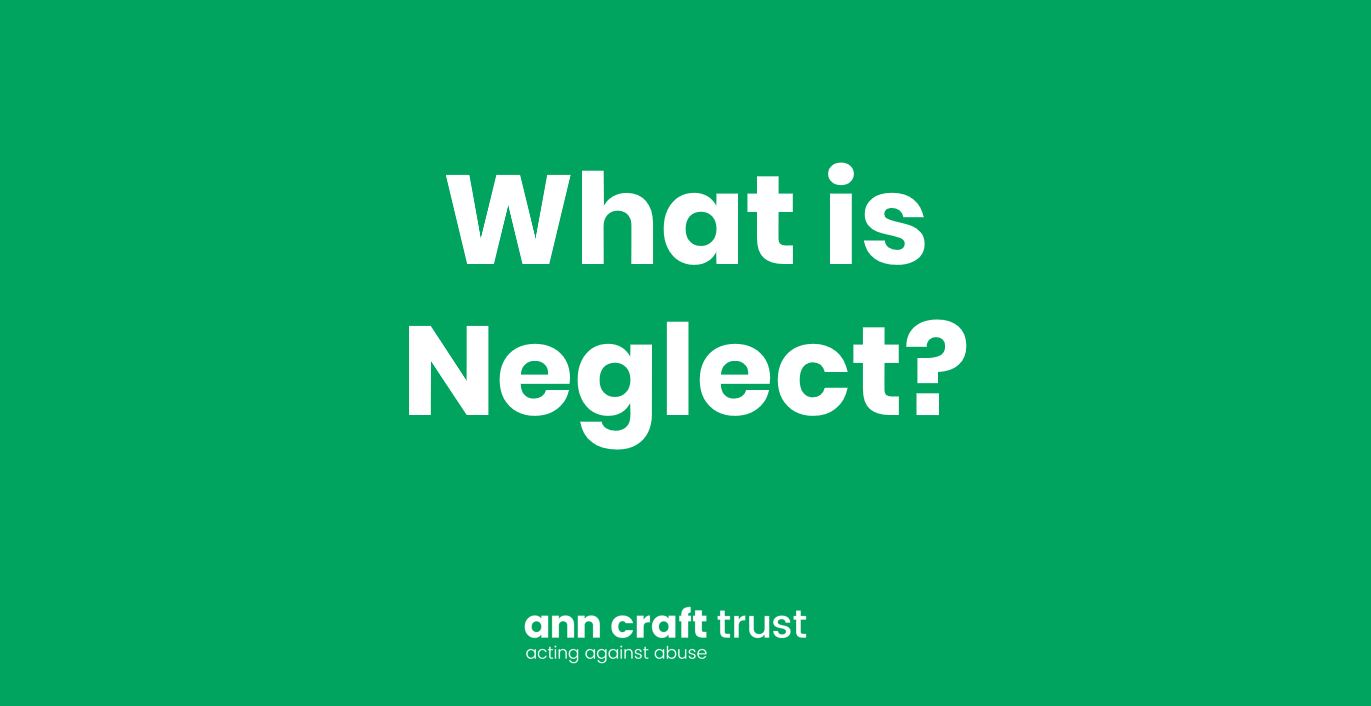
Neglect is a form of abuse that includes a number of acts of omission.
Examples of neglect include:
- Ignoring medical or physical care needs.
- Ignoring a person’s cultural, religious or ethnic needs.
- Failing to provide access to appropriate health, social care, or educational services.
- Withdrawing the necessities of life, such as medication, glasses, hearing aids, dentures, adequate nutrition, and heating.
- Refusing access to visitors.
- Ignoring or isolating a person.
- Preventing a person from making their own decisions.
Everyone deserves privacy and dignity. We all have a long list of requirements that need to be met to secure our health, safety, and happiness. Neglect and acts of emission basically means failing to ensure an adult at risks’s privacy, dignity, and individuality.
Spot the Signs of Neglect and Acts of Omission
A number of warning signs may suggest that an adult risk is suffering from neglect. Some of these are physical, and some are environmental.
Here are some things to look out for:
- A dirty, cluttered or unhygienic environment.
- Pressure sores or ulcers, as well as other untreated injuries and medical problems.
- An accumulation of untaken medication.
- A generally poor physical condition, or poor personal hygiene.
- Unexplained weight loss, or other signs of malnutrition.
- Inappropriate or inadequate clothing.
In addition to these, some signs of neglect and acts of omission are a bit more subtle. For instance, an individual may start behaving in certain uncharacteristic ways. They may stop engaging in social interaction, or fail to show up to medical and social care appointments.
Unfortunately, neglect and acts of omission sometimes take place in care settings. So read our guide to organisational abuse for further signs that abuse may be endemic in a care setting.
It’s also possible for an adult at risk to neglect their own needs. Read our guide to self-neglect here.
How to Deal With Neglect and Acts of Omission
If you’re concerned that someone you know may be suffering from neglect their basic needs, get in touch. We’ll be able to advise you on who to approach to get the help you need.
Call us on 0115 951 5400.
